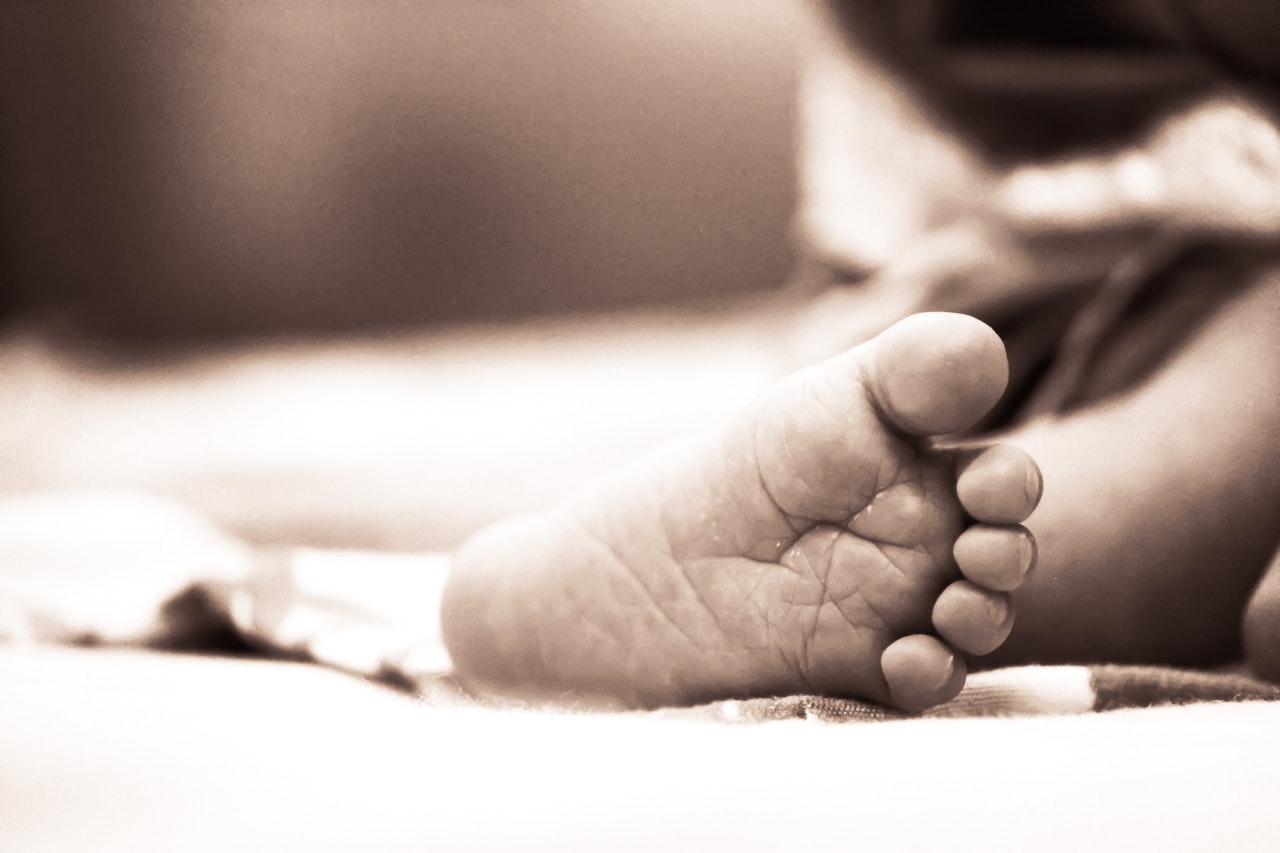Signs of Postnatal Depression
Imagine it’s been 2 weeks since bringing your brand new bundle of joy home. You’re feeling elated but also exhausted. Your patience is a lot shorter and you find yourself crying more often, due to a lack of sleep.
In Australia, 80% of women post-birth experience what is known as the ‘baby blues’. After the rush of delivery, your hormones adjust again when you settle back home and it is very common to feel a slump in mood. Being exhausted with a newborn is normal, but feeling extremely sad or hopeless is not.
““Postnatal depression is an illness and not a reflection of you as a mother or as a woman” - Unknown
”
When certain symptoms linger around for longer than just the initial few weeks, it becomes more serious. You may be suffering from a mood disorder called postnatal depression (PND). It becomes really difficult to take care of yourself or your baby when struggling with such intense feelings.
If you think this may be you, it may seem easier to brush it off and hope the feelings will pass. It is unlikely that the way you’re feeling will just change and you will go back to your old self. Talking with your doctor is your first step to getting better. Being aware of the signs of PND is important to know for not only mothers who are struggling, but for those closest to them too.
The Signs
There are several signs of PND and it depends on the individual as to which they experience. Noticing a change in your feelings and behaviours is a starting point. When these become regular and don’t subside it is time to investigate further.
A lowered sex drive
If you have zero interest in sex or being intimate with your partner anymore, this can be a sign of PND. It is normal for many mums to not feel much of a desire for sex with their partner after giving birth. If these feelings persist, after the new baby has settled in, then you may be suffering with PND.
Losing interest in things
Are you enjoying things like you used to? Are you eating properly? If you have lost all interest in things which used to give you joy, then this is a problem.
Change in sleep patterns
It’s normal for parents with a newborn to lose a fair amount of sleep. Not sleeping when you have the chance or oversleeping are clear signs that something isn’t right.
Anxious feelings and panic attacks
Feeling anxious can be perfectly normal after bringing home your bub. Having persistent anxious feelings about taking care of your baby is a concern, especially if it leads to panic attacks.
Low mood
A very low mood, compared to normal, paired with low or no self-esteem are clear indicators of PND. It is normal to feel overwhelmed and exhausted with the big commitment of parenting. When the low feelings and mood persist, it is time to get help.
Hard to concentrate and make decisions
You may be feeling too tired to even think straight or you don’t even care. When struggling with PND it becomes extremely difficult to concentrate on simple tasks. If you can’t decide if you should get out of bed, have a shower, make a bottle or change your baby’s nappy, then these are early signs of PND.
Feelings of guilt or deep sadness
Feeling down or guilty from time to time is normal. More frequent crying episodes, or feelings of sadness towards being a parent can be early signs of PND. If you feel constantly inadequate as a parent or guilty about your parenting, then it’s time to talk to seek help.
Thoughts about harming yourself
Thoughts of bringing harm to yourself or your baby, or even suicide are more advanced signs of PND. If you experience any of these thoughts, reach out to your doctor or a free service such as Lifeline 13 11 14, to get help immediately.
The good news is what with the right treatment plan, more people will make a full recovery. There are several ways to help treat PND and not all of them will be right for you. You can always change your treatment, if you find that something isn’t working for you. Seeking advice from your doctor or health professional is the first place to start. They may advise you to start on antidepressants or another medication. You will also likely be referred to a counselling service, which may offer therapy such as Cognitive Behavioural Therapy (CBT).
Book an online therapy session with a mental health practitioner who specialises in postnatal depression.
Get Help
Get help for postpartum depression and book a free online consultation with one of our top rated therapists
Essential Reading about Pregnancy, Prenatal, Postpartum
Free Mental Health Tests
Postpartum Counselling Available Now
QLD
Psychologist
As a psychologist, I value each client as an individual with unique life experiences, skills, and talents. I love helping my clients clarify what makes life rich, full, a...More
QLD
Clinical Psychologist
I provide a counselling approach that is compassionate, non-judgemental, and evidence-based. My goal is to create a safe and secure therapeutic space where you feel heard...More
NSW
Psychologist
Hi, I am an experienced Clinical Psychology Registrar with over 12 years of expertise in supporting individuals across the lifespan. With a deep commitment to mental heal...More








